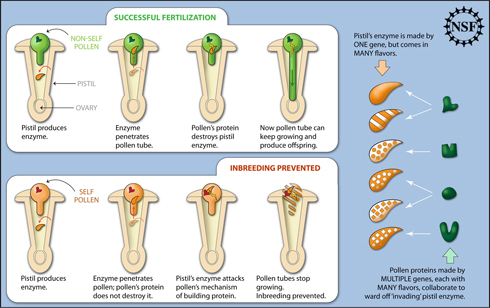Modified Vaccine Shows Promise in Preventing Malaria
EAST LANSING, Mich. — Continuing a global effort to prevent malaria infections, Michigan State University researchers have created a new malaria vaccine – one that combines the use of a disabled cold virus with an immune system-stimulating gene – that appears to increase the immune response against the parasite that causes the deadly disease.
At the same time, the group led by Andrea Amalfitano of the College of Osteopathic Medicine also discovered another immune-system stimulating agent – created at MSU and which has been successful in improving immune responses in vaccines for diseases such as HIV – paradoxically made for a less effective malaria vaccine. (more…)

